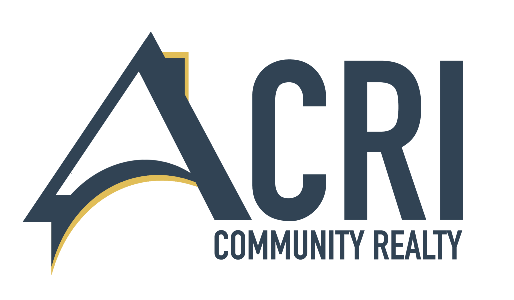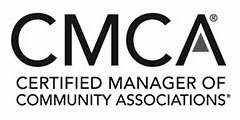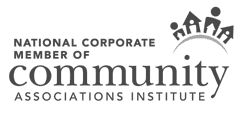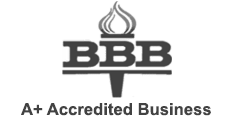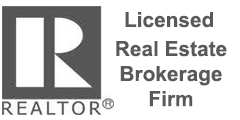If you’re on the board of your community’s homeowners association, you are likely charged with managing the community pool. You and the other board members must ensure the proper rules are in place and that routine maintenance is performed so the pool is safe and in compliance with county regulations. Here are some tips to effectively manage the community pool:
Set Rules
Community pools can be dangerous if not used properly, so it’s important to have stringent rules in place to reduce the risk of accidents and reduce the liability of the HOA. A few important considerations:
- Hours. Daily hours of operation are ideal.
- Guests. They shouldn’t be allowed unless accompanied by a resident.
- Child supervision. All children under a certain age (usually between 12-14) should be attended to at all times.
- Behavior. Running, horseplay and diving (particularly in shallow portions of the pool) should be prohibited to prevent slips, falls and head injuries.
- Food and drinks. These items should only be permitted in the picnic area, but if allowed near the pool, prohibit glass containers and bottles. The board may also want to consider limiting or banning alcohol consumption on the premises to hedge against the risk of accidents due to intoxication.
Keep It Safe
Rules for residents when occupying the pools are only effective when communicated. That’s why it’s important to have proper signage—so residents and their guests are aware of what’s expected of them prior to going for a swim. Minimize accidents with the following:
- Certified lifeguards. The number on hand will depend on foot traffic, but they should be certified and knowledgeable of the pool’s rules.
- Flotation devices. These are ideal to keep weak swimmers safe.
- Automated external defibrillator (AED). This device can mean the difference between life and death in the event of a cardiac emergency. Just be sure it’s fully functional and the staff knows how to operate it.
- Charged phone or landline. Have one available in the event of an incident that warrants a 911 call.
- First aid kit. These are good to have on hand for minor injuries such as bruises, cuts, and scrapes
Most importantly, rules should be strictly enforced. Those not complying should be promptly dismissed. Make sure all staff members know the signs of a swimmer in trouble.
Maintenance
It may be in the board’s best interest to consider a pool management firm to oversee staffing, permits, and maintenance. A swimming pool management company is insured and assumes responsibility for the pool’s safety and cleanliness.
If funds are limited or the board prefers to handle management in-house, consider investing in an automatic pool cleaner. They expedite the cleaning of water and pool surfaces with minimal effort. The HOA should also invest in a winter pool closing kit for the winter months and a chemical feeder to maintain proper water conditions.
Lastly, don’t forget to allocate funds for routine maintenance and repairs, some of which can be costly.
